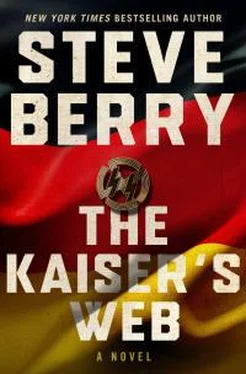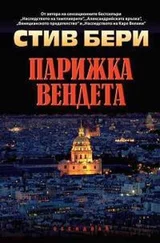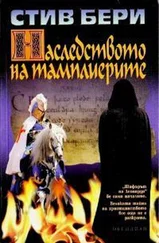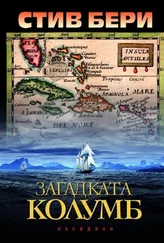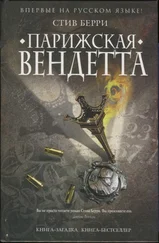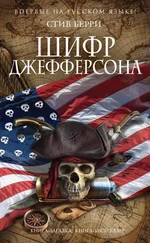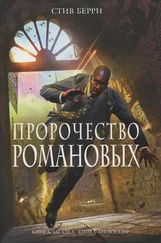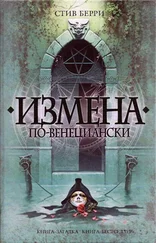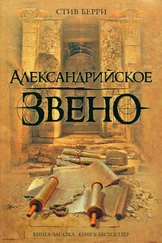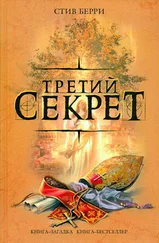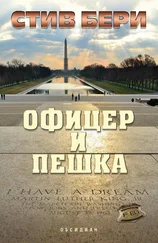He stared out at the lake and focused on a zone of reflected light, bright off the distant Alpine peaks, a dazzling radiance that slowly crept across the still water. He remained apprehensive, concerned, a bit confused, and sought reassurance from the tranquil scene, watching two squirrels darting among a scattering of pendent fir cones at the muddy shoreline.
A door opened and Schüb stepped onto the terrace.
The old man walked straight to where he stood beside the balustrade. A few feet below, the lake gently lapped a concrete wall. As the German drew close, two narrow slits revealed eyes that were mild and meek, but, like him, also anxious.
“Here I am known as Simone Tenglemann, an Austrian, retired and living a life of leisure,” Schüb said. “That is the wonderful thing about the Swiss. Few questions are asked and privacy is respected.”
“A beautiful choice of locale for a dead man.”
“The fact that this Swiss town faces south is quite symbolic. In the 1960s Italians flocked here to avoid taxes and the communists. Northern Italy, at the time, was home to the largest Communist Party in the Western world. Workers in Italy possessed the vote, and there was a real danger of a Bolshevik rise. So the rich came here to stash their gold, currency, and assets, most of it smuggled in. Banks sprouted, and they were all quite accommodating. Much more relaxed than Zurich or Geneva. Few rules, which remains true even today.”
“You came then?”
Schüb nodded. “Bormann wanted the money in Swiss banks. He left the details to me. Much later, when I decided to ‘die’ and leave South Africa, this location was a logical choice of where I would live.”
“You seem to have profited from your years of service. I would imagine this house was not cheap.”
“I had total control of all the funds Bormann once dominated.”
“Nazi money?”
“It is. But money, nonetheless.”
“And what were you supposed to do with those funds?”
“Theodor was to have it all.”
“But you decided that wasn’t such a good idea.”
“I provided him with nearly 350 million euros in liquid assets.”
“What you mean is, you gave him the stuff that was traceable. Interests in the diamond mines, real estate, stocks, and a token sum from the hoarded assets.”
A smile crept onto the old man’s withered face, the skin yellowed and blistered like ancient vellum. “Precisely. He had no way of challenging me. I was the only one with records.”
“How much was left?”
“Hard to say. But it was substantial. Maybe five billion euros.”
He didn’t doubt that observation, recalling the billions generated from not only the Holocaust, but the war itself. Plunder reaped huge rewards.
He stared across the terrace at the statue of a naked young man, his limbs wobbly, the sculptor obviously taking liberties with nature’s idea of beauty. More statues filled marble niches in the walls. His host had surely paid handsomely for the craftsmen needed to fashion both the decoration and the villa. “It doesn’t bother you where the money came from?”
“I have long ago lost any semblance of conscience. And philosophizing will not make it any better. I did not steal the money or kill the victims.”
“You just enjoyed the spoils.”
Schüb stood impassive, as if considering the observation. A sad, remorseful mien swept across his face.
Bells clashed in the distance.
“Through the years, my son has said the same thing to me. I don’t expect forgiveness or understanding, only that, before I die, I will try to make amends. You are right. I owe it to the victims, and it’s time to pay that debt.”
Lugano sat at the end of a deep bay framed by Mount Brè to the north and Mount San Salvatore to the south. The road into town wound through rugged Alpine scenery fringed with melancholy gray olive trees, white arcaded houses, and quaint inns, the lake cast in a cold leaden tint by light fading behind the peaks. Downtown was impressive with cypress, palm, and monkey puzzle trees lining arcades that hummed with a feverish pitch, the look more reminiscent of Southern California than southern Switzerland.
A driver deposited him and Schüb in front of a neoclassical building on busy Via Nassa. Only bars on the windows and a discreet bronze plaque—E. ORELLI & CIE, BANKIERS—announced the fact that the location was a bank.
“This is a private institution,” Schüb said. “Consequently, they are not required to publish records or provide balance sheets. Even the local tax officials leave them alone.”
Inside were roomfuls of period furniture and faded portraits illuminated by Bohemian chandeliers. Edouard Orelli himself was waiting for Schüb. He was a rosy, pleasant little man who reeked of cigars. He exchanged pleasantries with Schüb then led them downstairs, through a vault door, into an underground chamber. Orelli excused himself and Cotton followed Schüb down a brightly lit corridor lined with stainless-steel doors.
“Edouard has been most helpful through the years. He has set up investment trusts, purchased securities, offered tax advice.” They reached one of the steel doors, and Schüb punched in a numerical code.
The lock clicked open.
Schüb pushed open the door. “And he obtained gold bullion.”
The windowless room was forty or so feet square, its gray tile floor nearly obscured by stacks of gold bars, ten on each side, stacked high, at least a dozen piles in all. Cotton stepped close and examined one of the pallets. “There must be several hundred million dollars’ worth of bullion here.”
“A fraction over a billion actually.”
“This is Hitler’s Bounty?”
“What is left of it. Of course, I have multiplied the principal with wise investments.”
He’d never seen so much gold.
“The Orellis are quite astute in the bullion trade. It is one of the hallmarks of the Lugano banks. Gold is truly forever. Hard to err with it.”
He lifted one of the bars. Maybe thirty or so pounds, he estimated. He studied the top, half expecting to see a swastika etched into the surface. But there was nothing save for a notation on a purity rating of 999.9.
“The encounter in South America from a few years ago,” he said. “With two American agents. Jonathan Wyatt and Christopher Combs. There was a report of pallets of gold.”
“All fake,” Schüb said. “We manufactured the scene. I orchestrated things from here, with Ada’s help there. Only a few bars of that gold were real. We created the rest from tungsten. It’s a common practice, and easy to do. We went to a lot of trouble in that encounter. The Americans had ventured far too close. I even had fake graves staged with sarcophagi, patterning them from the real ones you saw yesterday. After, everything was removed and we burned the house down so there’d be no remnants to find. A local man, a former SS officer, played me. He killed one of the Americans. Christopher Combs. The other, Jonathan Wyatt, became the messenger whom we ultimately discredited.”
“A lot of the information I’ve heard and seen here was similar there, too.”
Schüb nodded. “I provided all of that to Ada. Wyatt was shown some of my letters. Forgeries from the originals. He was also told and shown information I knew on Bormann. Similar to what you’ve been privy to read and hear. I thought the truth far easier to use than a lie. But they were told a slightly different story. In that version, Gerhard Schüb was the son of Hitler. Of course, Isabel’s murder during that operation was never anticipated. That was Theodor’s addition to the plan.”
“Ada hasn’t forgotten that.”
“I know. All has been quiet since then. Until now. This was her opportunity, and I did nothing to dissuade her. Sadly, for Theodor, violence is the way to every end.” Schüb paused a moment, grabbing a breath. “He and I were still on good terms then. After that things changed, and I decided it was time for me to die.”
Читать дальше
